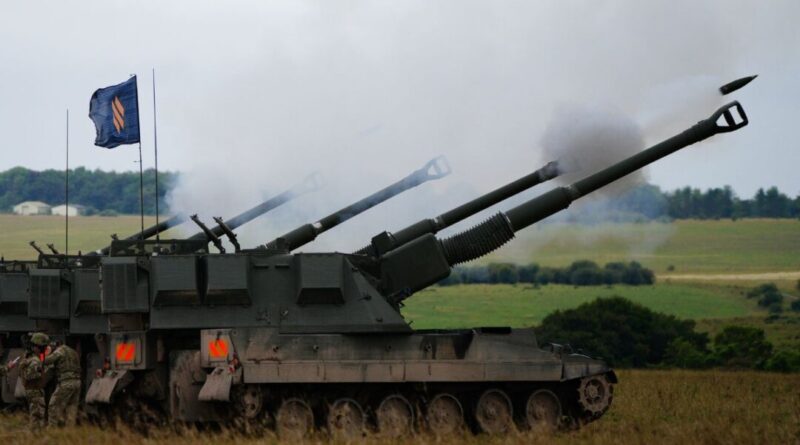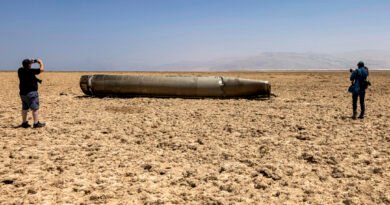Minister Says Ukraine Military Aid is Leading to ‘Capability Gaps’ in UK Forces
The National Audit Office (NAO) recently stated that training Ukrainian troops in the UK has resulted in a decreased capacity for British armed forces to maintain their own training programs.
According to armed forces minister Luke Pollard, donating military equipment to Ukraine to aid in its conflict against Russia has led to “some capability gaps, especially in the British Army.”
Pollard mentioned during a Ministry of Defence (MoD) briefing that this situation requires the UK to replenish its own stocks. He noted that London had deployed “almost all” of its AS90 artillery units to Kyiv, resulting in a gap in operational capabilities.
The minister defended the decision to assist Ukrainian armed forces with resources, asserting that it was the right thing to do, albeit causing challenges for British stockpiles.
Pollard emphasized the need for a stronger defense in light of the conflict in Ukraine, stating that the issue of stock will be addressed in the government’s Strategic Defence Review (SDR) set to report findings in early 2025.
Recent actions have been prompted by growing concerns over hostile nations globally. The lead reviewer of the SDR, Lord Robertson, has identified China, Russia, Iran, and North Korea as a “deadly quartet” of hostile powers cooperating more closely.
The UK’s involvement in the Ukraine-Russia war is not only affecting resources but also training for British armed forces.
Last week, the NAO reported that over a quarter of the army’s training facilities are dedicated to Operation Interflex, the UK’s initiative for training Ukrainian troops. Consequently, requests from British army units to use training sites in 2023 were rejected at a significantly higher rate compared to 2019.
The NAO acknowledged that the MoD has learned valuable lessons on managing support as the war progresses, but emphasized the importance of balancing the UK’s strategic needs with its commitment to assist Ukraine.
Iranian Missiles
The use of long-range missiles beyond Ukraine’s borders has been restricted due to concerns about escalating tensions between NATO and Russia. Russian President Vladimir Putin warned that allowing such strikes with Western arms would put NATO countries “at war with Russia,” fundamentally altering the conflict.
During the meetings, the United States and UK accused Tehran of supplying missiles to Moscow for use against targets in Ukraine, imposing additional sanctions on Iran and Russia.
CIA Director William Burns has expressed concern over the evolving defense partnership between China, Russia, Iran, and North Korea, posing a threat to Ukraine and Western allies in the Middle East.
This report includes contributions from PA Media.





